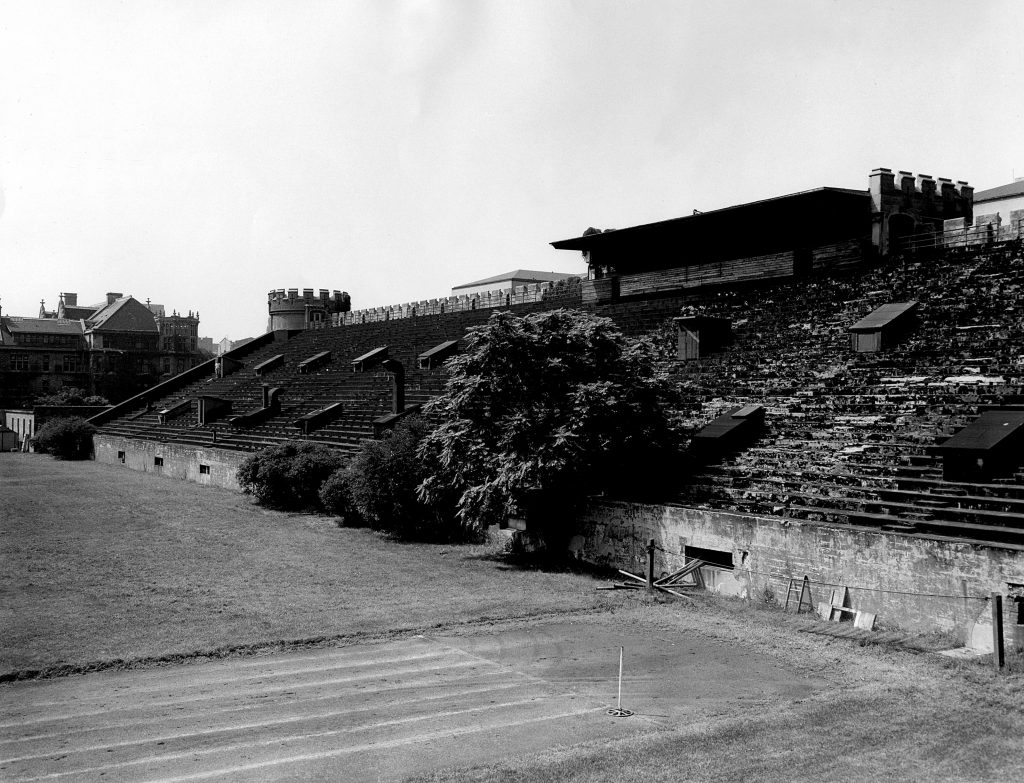William Karush (1917-1997) was an American mathematician and physicist.
After earning his Ph.D. from the University of Chicago in 1942, Karush worked briefly at the Carnegie Institution of Washington before returning to Chicago to join the Manhattan Project. From 1943-1945, Karush was an associate physicist at the University of Chicago’s Metallurgical Laboratory and at Oak Ridge, where he helped solve mathematical physics problems related to the design of nuclear reactors. He signed the Szilard Petition, which attempted to avert the use of the atomic bombs against Japan, and later became a peace activist.
Scientific Contributions
After the war, Karush was a professor at the University of Chicago and at California State University, Northridge, and also worked in private industry for a decade. He edited Webster’s New World Dictionary of Mathematics. Karush is best known for the Karush-Kuhn-Tucker (KKT) Optimality Conditions, which he first developed in 1939 for his unpublished master’s thesis and were rediscovered in the 1950s. His role in this discovery was not recognized until the 1970s. The KKT Conditions are one of the most important contributions to the field of mathematical optimization and nonlinear programming.





